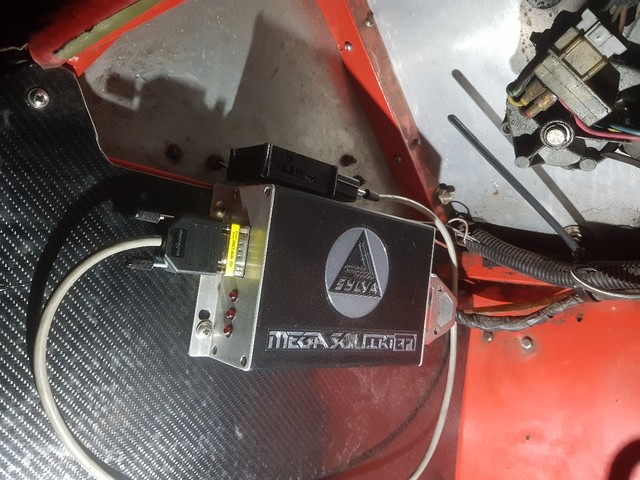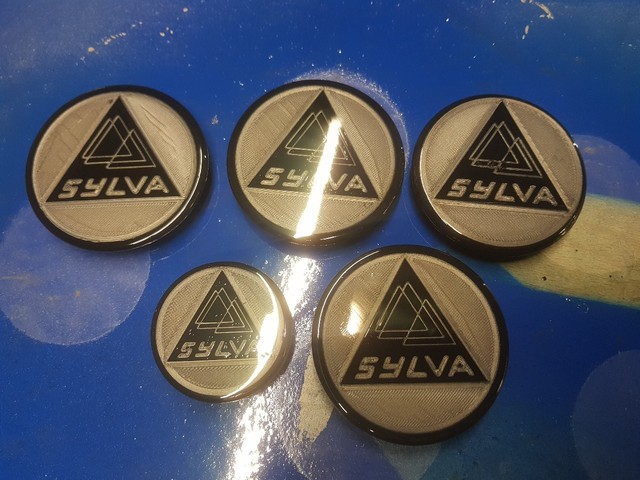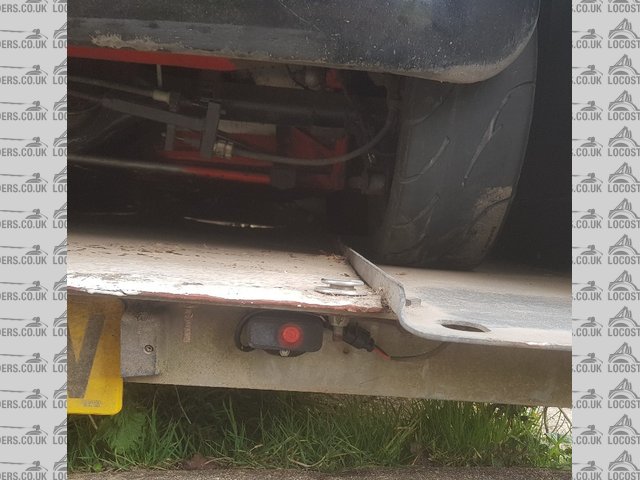I was just wondering if anyone has 3D printed their dash or instrument panel? was also wondering if you have, was the heat of the sun an issue seeing how low PLA's softening point is. I can't print ABS btw.
Cheers


Hi,
I was just wondering if anyone has 3D printed their dash or instrument panel? was also wondering if you have, was the heat of the sun an issue seeing
how low PLA's softening point is. I can't print ABS btw.
Cheers 
The trouble with PLA is that it has a limited lifecycle - it becomes very brittle as it gets older. I've had models that fell apart after a
couple of years. I have also heard of people who left things made from PLA on their parcel shelf in full sun and they've found them all warped
and spoilt after an hour or two.
ABS is more durable, but a PITA to print without a special enclosed printer. PETG is almost as good, but finnicky to print (has to be slow, or it
gets all stringy and/or blobby).
Thanks for that.
hmm ok does not sound the greatest idea then... maybe I'll use it as a mould instead to cast a resin version. I've printed a lot of PLA
models now but
always paint them which will hopefully help them last. I've got the hang of designing models and thought it would be nice to make a custom dash
for the car 
I printed bezel covers for my gauges as IVA man would probably have an issue with the raised edge on them. I used PLA for my prototypes then swapped
over to ABS. I didn't really get on well with the ABS quality so ended up sanding and painting them. Now I use PETG as my go to material. PLA is
not advisable for anything outside the house. You can't even leave it on a window sill.
What type of printer do you have Mr Whippy?
One route is to make patterns using pla, fill & polish them so they're nice and smooth, and cast moulds from them. The can be used to make
items using a more durable resin. This is also a good way to make things in castable metal.
[Edited on 4/10/21 by David Jenkins]
Petg is good for this application once the settings are good..I print it about 20% slower than pla which is plenty fast enough. I have printed bonnet
vents, full headrests, wheel centres and a dash surround. Petg is fine in full sun.
I print at 245c with an 85C bed, speeds will depend on.your hotend but I find the first layer needs to be slow(50%) to get good bed adhesion. If your
going too fast you see failures on large internal corners as it shrinks and detaches before it gets to stick. Too hot and your get loads of
stringing.
If you have a glass bed (like me) use pritt stick as Petg sticks to the glass really well and has been know to pull chunks out.
Try ASA, similar properties to ABS but easier to print.
As I think you may already be aware, UV light is a big contributor to destabilise the molecular plastic bonds causing it to become brittle. As long as the heat cycles stay below 60% of the melting temp you may get away with just painting the plastic after to protect it from sunlight.
Probably not a great deal to add based on previous comments, but I did print a PLA phone mount for my tin top. It only needed a slightly sunny day for
it to deform and stop the phone from fitting. The interior temperature was maybe the low twenties?
I printed the same with an 'ABS Pro' filament and it was fine, it's now gone through a hot summer and it still takes the phone. This
ABS Pro didn't need much of a temperature change and didn't need an enclosure either. I had to reduce the speed, and the bed adhesion could
have done with some refinement, but it worked enough to make the mount.
https://www.amazon.co.uk/Steadytech-Premium-Filament-Multiple-Available/dp/B07LC1D9ML
(Unfortunately this one is out of stock but hopefully you get the idea)
quote:
Originally posted by bi22le
As I think you may already be aware, UV light is a big contributor to destabilise the molecular plastic bonds causing it to become brittle. As long as the heat cycles stay below 60% of the melting temp you may get away with just painting the plastic after to protect it from sunlight.
I was going to suggest PETG also. It oozes quite a bit so on a complicated part the retraction settings can be tricky and you'll get some stringing but it doesn't pong like ABS or delaminate in the same way.
I saw a large format 3d printer in a hacker space recently. It could print a full meter cubed. Do you think 3d printed cycle wings would hold up too.
Use ASA as stated before, similar properties to ABS but UV resistant and easier to print, even without enclosure.
I print a lot in ASA mainly Voron parts but also houshold utilitie thingies.
I've successfully used PETG to help a mate fix a few bits on his daily driver including a cover/clamp for his electric windows.
The PETG window part has lasted about 12 months without issue so far....seen a PLA bracket deform just sat on the side in my cabin on a warm day...
Interesting reading...
https://filament2print.com/gb/blog/52_petg-abs-asa.html
Summary:
quote:
After all the information cited above, we can say that ABS is a material used in many fields of industry: helmets, power tool housings or even in LEGO blocks. The ASA will increasingly be used to manufacture external parts such as car mirror housings. And PETG will continue to evolve, especially to make prototypes and containers for food
I've not had much experience of ASA filament - I have a heat-bed that can handle 100C, a hot-end that I've routinely taken to 240C, but it
looks like ASA likes 250C to 260C, something I haven't tried.
My printer is also an open frame, and the text suggests that an enclosed printer is a good idea... not sure about that.
I want to make some brackets for a "frunk" in my EV tin-top (a 'front trunk' under the bonnet, for cables, etc). I could use
PETG, which would probably work OK, but that means a slow print to avoid stringing and/or blobbing. ASA sounds interesting...
I have printed quite a few things with mitsubishi/verbatim durabio, which is a polycarbonate type filament made from isosorbide with very similar
physical properties but a lower print temperature and decent uv resistance.
I print it at 230-250°c with an all metal hot end (but should also be ok with a ptfe lined hot end at the lower end), and 80-100°c build plate.
I use petg quite a bit and find a slow (5-15mm/s) first layer is key to getting a good print, once that layer is done the print speed can be brought
up.
Petg is not as rigid as pla, so structural things may need modification to take this into account.
All these are printed in petg, i used a virtual extruder in the slicer to do the multicoloured prints with manual filament changes.


Description


Description
The foglamp here is a touareg foglamp led module rehoused, the original lamp sits too low and was broken off a couple times.


Description
Another key thing for good prints is to ensure the filament is dry before printing, as it affects the interlayer bonding and causes the bubbling in
the print surface as well as overextrusion and oozing from the hot end when not extruding filament.
Every material has different requirements for this, in lieu of a dedicated dryer, a food dehydrator or oven with accurate temperature control will do
the trick.
Dave
quote:
Originally posted by obfripper
I have printed quite a few things with mitsubishi/verbatim durabio, which is a polycarbonate type filament made from isosorbide with very similar physical properties but a lower print temperature and decent uv resistance.